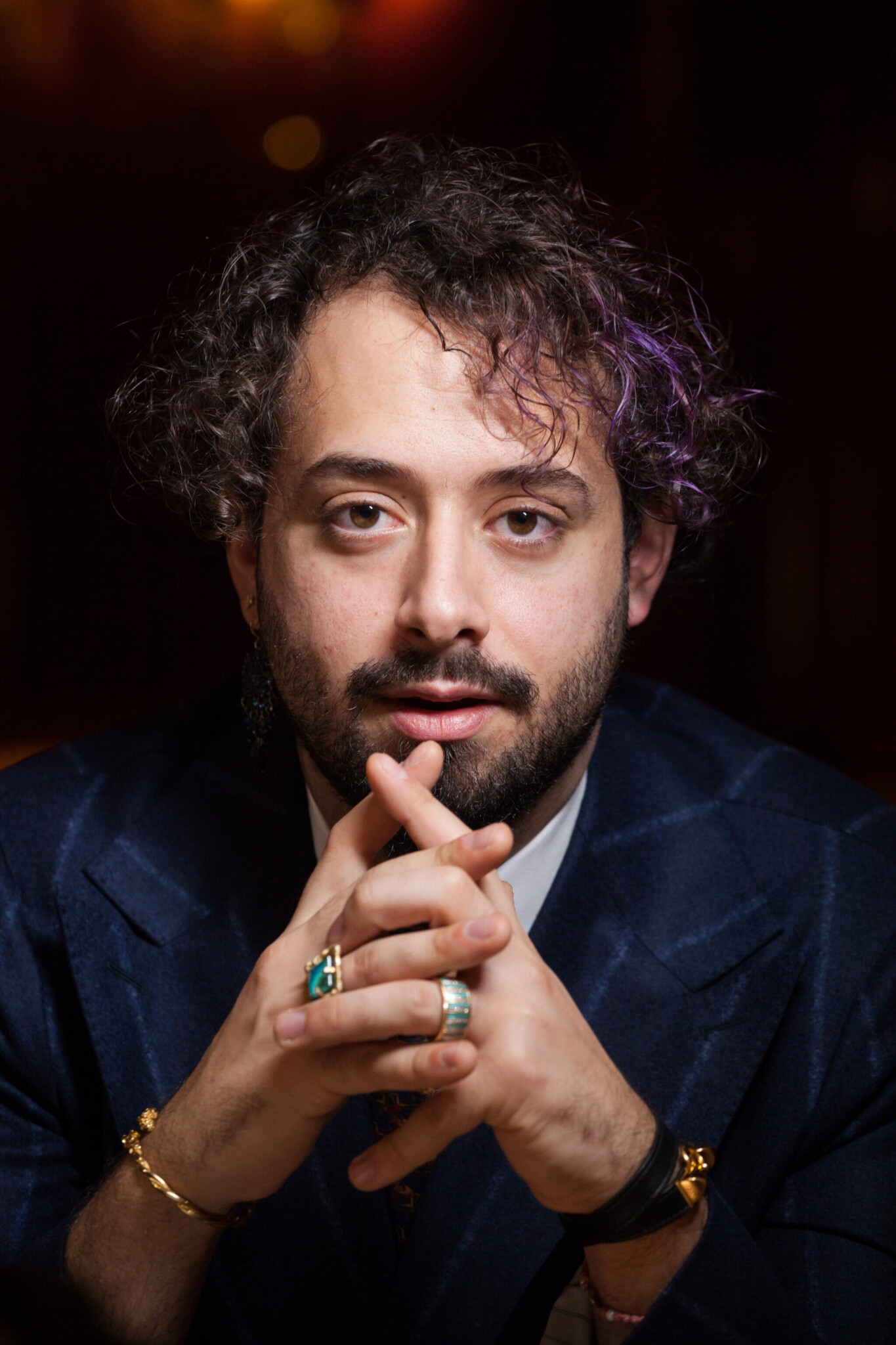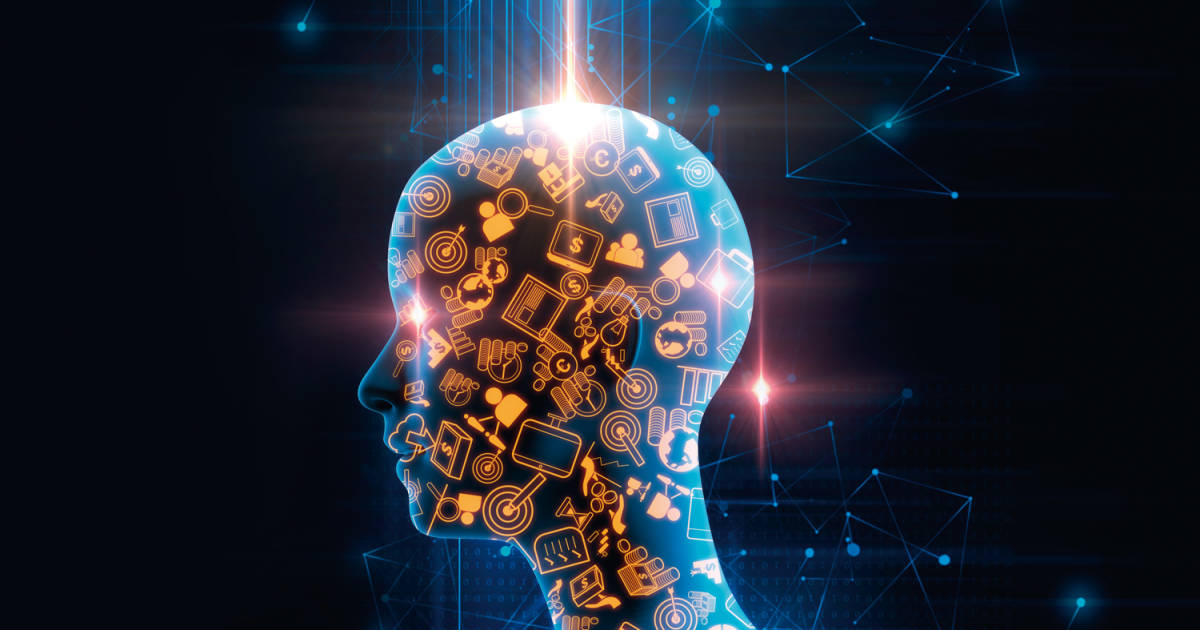Artificial intelligence (AI) can recognize emotions based on facial expressions. In a feasibility study conducted by researchers at the University of Basel, artificial intelligence performed better in some parts than trained therapists.
The AI recognizes the shortest emotions in the millisecond range, such as a short smile or an expression of disgust. Such “micro-expressions” can be missed by therapists, the University of Basel announced on Wednesday.
Overall, the AI assessed facial expressions in psychotherapy situations as reliably as humans, as a statistical comparison with three therapists showed in the study published in the journal Psychopathology.
Trained with 30,000 images
The researchers trained a freely available artificial neural network with more than 30,000 facial images to recognize the six basic emotions of happiness, surprise, anger, disgust, sadness and fear. This AI was trained in this way and then analyzed video recordings of 389 therapy sessions for 23 borderline patients.
“We were surprised that relatively simple AI systems could interpret facial expressions so robustly and reflect their emotions,” lead author Martin Stepan was quoted as saying in the University of Basel announcement.
People remain important
According to Stepan, artificial intelligence could serve as a tool for future psychotherapists. According to the University of Basel, evaluating and interpreting recorded facial expressions for research projects or psychotherapy is extremely time consuming. Therefore, experts often resort to less reliable indirect methods, such as measuring skin conductance, the university wrote. Artificial intelligence can provide a cure and thus develop into an important tool in treatment and research.
However, personal relationships remain important, Stepan emphasized. Therapeutic work is primarily relational work and therefore remains a humanistic field. “At least for now,” the psychiatrist said.

“Certified tv guru. Reader. Professional writer. Avid introvert. Extreme pop culture buff.”






More Stories
AI-powered traffic lights are now being tested in this city in Baden-Württemberg.
The use of artificial intelligence in companies has quadrupled
AI Startup: Here Are Eight Startup Ideas